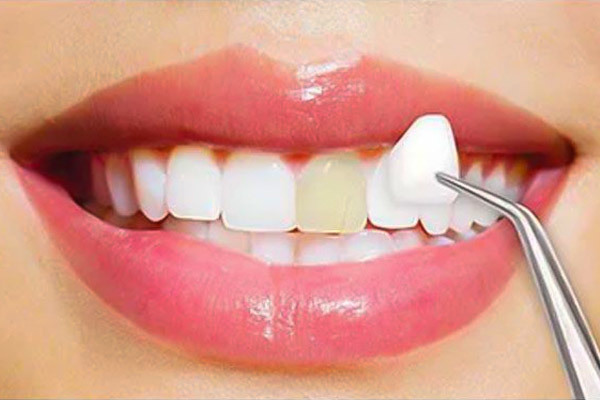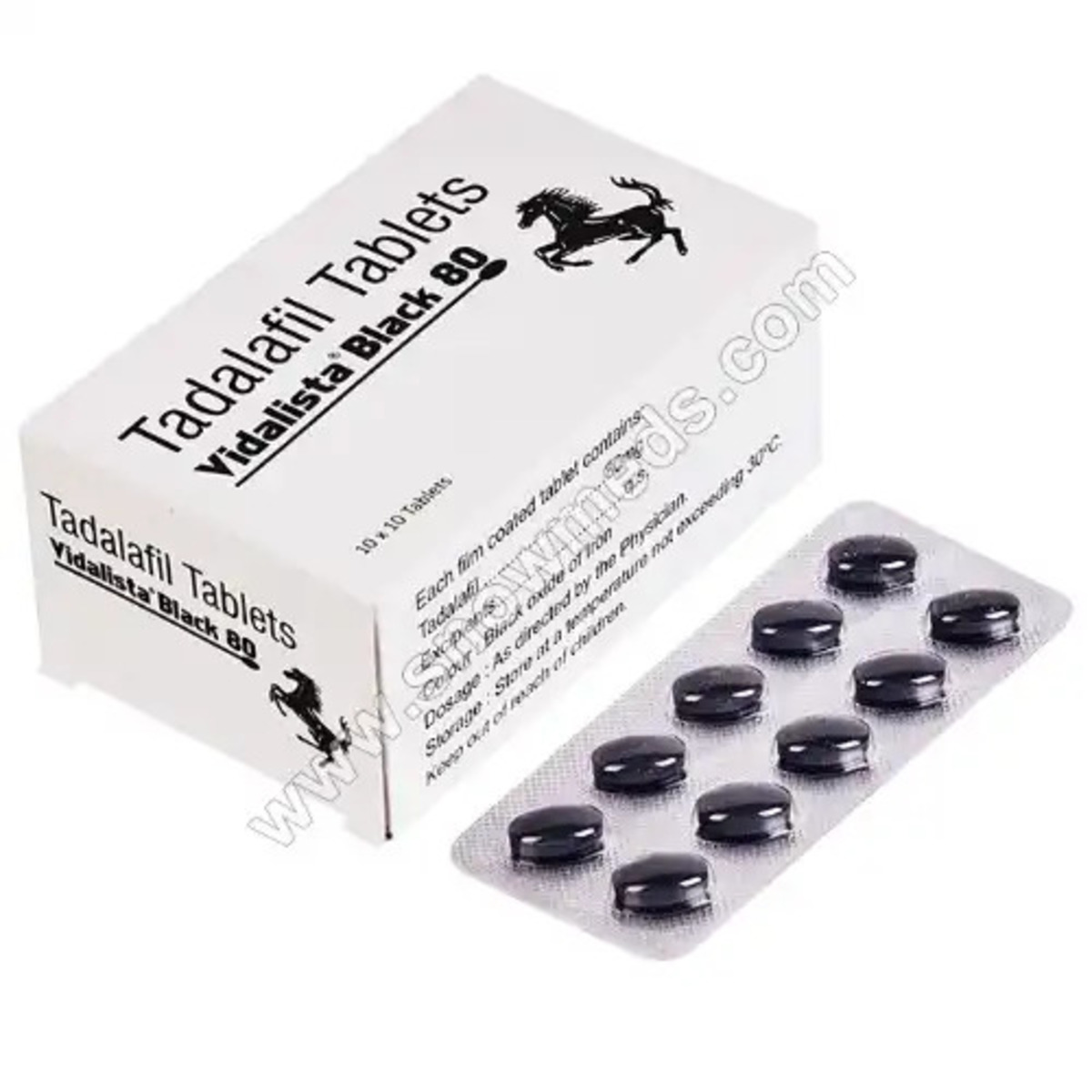Dental veneers have become an increasingly popular cosmetic dentistry option for people looking to improve the appearance of their smile. Whether it’s to fix chipped teeth, close gaps, or achieve a more uniform appearance, veneers offer a solution that can transform your smile in just a few appointments. However, the question many people have is, “Are dental veneers good for your teeth?” To answer this, we’ll explore what dental veneers are, their benefits and drawbacks, and whether they suit you.
What Are Dental Veneers?
Dental veneers are thin, custom-made shells designed to cover the front surface of teeth. They are usually made from porcelain or composite resin materials and are bonded to your teeth to improve their appearance. Veneers can change teeth’ color, shape, size, or length, making them a versatile solution for various cosmetic dental issues.
Getting veneers typically involves three main steps: consultation, preparation, and bonding. During the consultation, your dentist will evaluate your teeth and discuss your goals to determine if veneers are the right option for you. If you proceed, your teeth will be prepared by removing a small amount of enamel from the surface to make room for the veneers. Finally, the custom veneers are bonded to your teeth, resulting in a natural and aesthetically pleasing smile.
The Benefits of Dental Veneers
Aesthetic Improvement
One of the most significant advantages of dental veneers is the instant improvement in the appearance of your teeth. Whether you have discoloration, uneven teeth, gaps, or minor misalignments, veneers can provide a uniform, white, and straight smile.
Natural Appearance
Porcelain veneers, in particular, are highly regarded for their ability to mimic the light-reflecting properties of natural teeth. This means that once they are in place, veneers are nearly indistinguishable from your natural teeth, giving you a seamless and natural look.
Stain Resistance
Porcelain veneers are more resistant to stains than natural teeth or composite resin veneers. This makes them an excellent option for people who are concerned about maintaining a bright, white smile over time, even if they consume staining substances like coffee, tea, or wine.
Durability
Veneers, especially porcelain ones, are durable and can last anywhere from 10 to 15 years or more with proper care. This longevity makes them a worthwhile investment for those looking for a long-term solution to their cosmetic dental concerns.
Minimal Invasive Procedure
Compared to other cosmetic dental procedures, getting veneers is relatively non-invasive. While some enamel needs to be removed, the amount is minimal, and the procedure usually requires only local anesthesia, if any.
The Drawbacks of Dental Veneers
- Irreversible Procedure: One of the most significant drawbacks of veneers is that the procedure is irreversible. The enamel removal required to apply veneers means that your teeth will always need some form of coverage moving forward, whether it’s veneers or another restoration method.
- Sensitivity: After the enamel is removed, your teeth may become more sensitive to hot and cold temperatures. While this sensitivity often diminishes over time, it can be uncomfortable for some patients in the initial period after getting veneers.
- Cost: Veneers can be expensive, especially porcelain veneers, which are more durable and natural-looking than composite resin options. Depending on where you live and the extent of the work needed, veneers can range from $800 to $2,500 per tooth, making them a significant investment.
- Potential for Damage: While veneers are durable, they are not indestructible. Biting on hard objects, grinding your teeth, or suffering a facial injury can chip or crack veneers, necessitating repair or replacement.
- Color Mismatch: Veneers are resistant to stains, but the surrounding natural teeth are not. If you opt for veneers on only a few teeth, there’s a possibility that over time, the color of your natural teeth will change, leading to a mismatch in appearance.
Are Dental Veneers Good for Your Teeth?
Whether dental veneers are good for your teeth depends on your specific dental needs, goals, and overall oral health. For many people, veneers offer a highly effective solution for improving the aesthetics of their smile, providing a boost in confidence and self-esteem. However, it’s important to weigh the benefits against the potential drawbacks.
Veneers are generally a good option for those with healthy teeth and gums who are looking to correct cosmetic issues like discoloration, minor misalignment, or gaps. They can also be a good choice for individuals who want a long-lasting solution that doesn’t require extensive dental work.
On the other hand, if you have underlying dental issues such as decay, gum disease, or a history of bruxism (teeth grinding), veneers may not be the best option until these issues are resolved. Additionally, the irreversible nature of the procedure means it’s crucial to be sure that veneers are the right choice for you before proceeding.
Conclusion
Dental veneers can indeed be a good option for improving the appearance of your teeth, offering numerous aesthetic benefits and long-lasting results. However, they are not without their drawbacks, including cost, sensitivity, and the need for ongoing maintenance. If you are considering veneers, it’s important to have a thorough discussion with your dentist to ensure they are the right choice for your dental needs and lifestyle. You can also find other dermatological treatments such as skin pigmentation treatment, botox, best root canal treatment, etc.
Ultimately, veneers can be a life-changing procedure for many, offering a way to achieve the perfect smile. However, like any medical or dental procedure, they require careful consideration and consultation with a professional to ensure they align with your goals and health needs.




